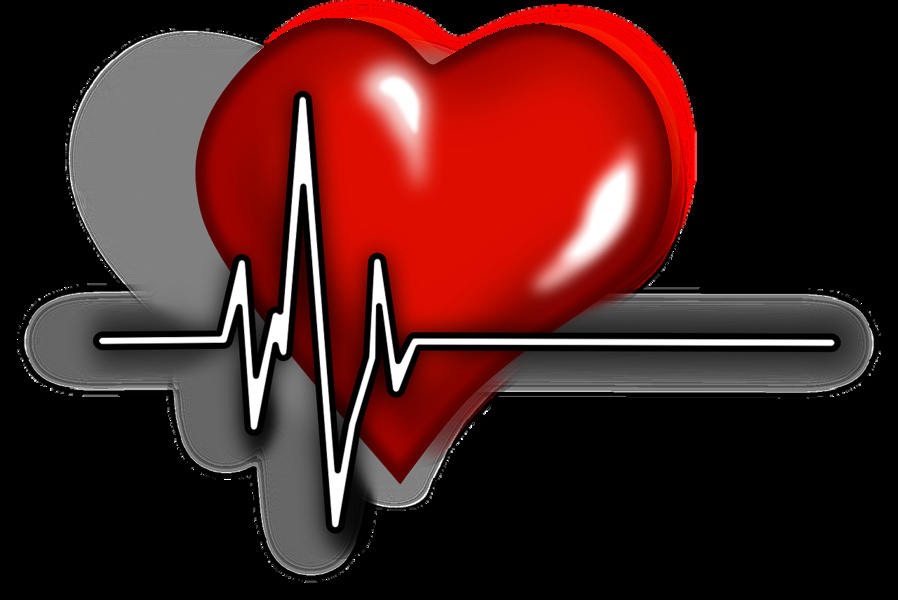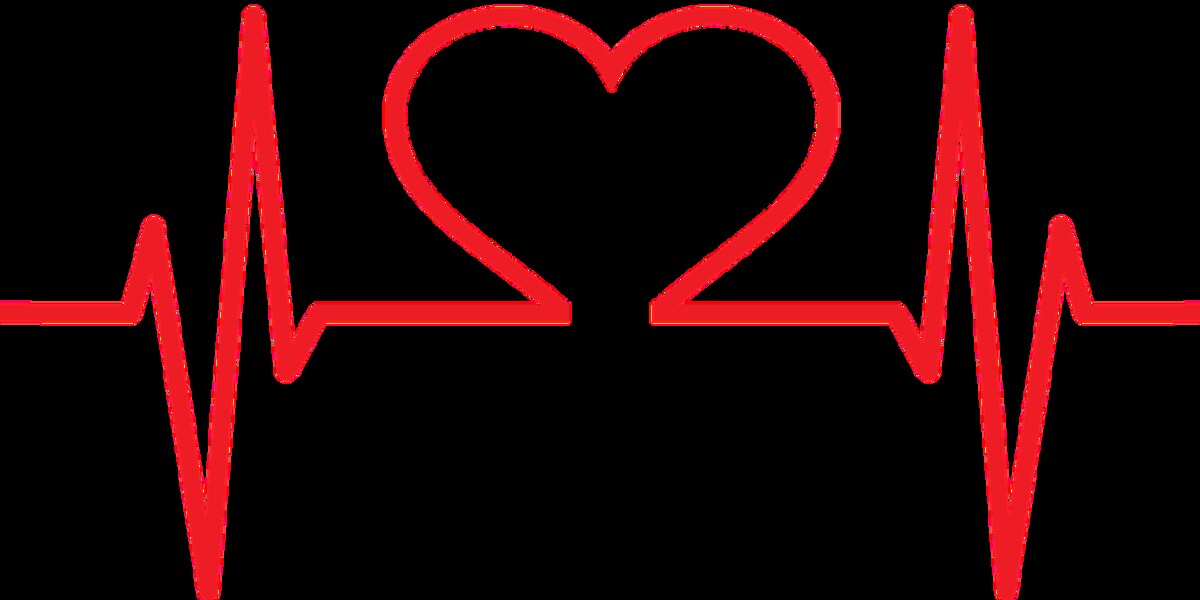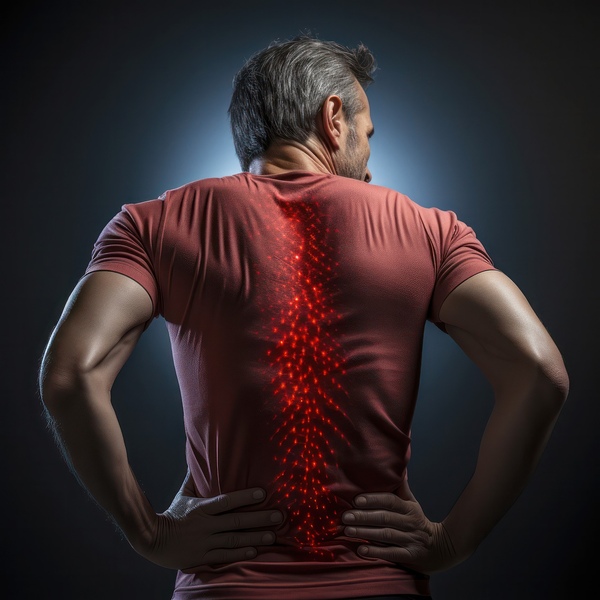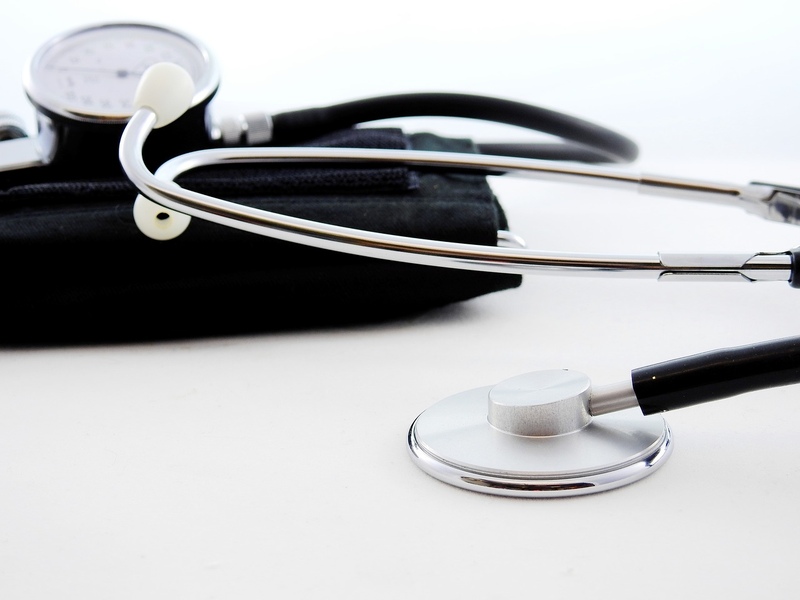
Worst foods for heart health

Worst foods for heart health top 10 Warning Signs of Silent Heart Attack. You Should Not Ignore When you think of a heart attack, you probably imagine someone clutching their chest and collapsing to the ground.
However, a silent heart attack is much more insidious and difficult to detect. This type of attack does not produce any noticeable symptoms. Consequently, many people who experience a silent heart attack do not know until further testing reveals the truth.
And how common is this? Well, out of the estimated 805,000 heart attacks each year in the U.S., 170,000 of them are silent. As it may go unnoticed, it can cause great damage, and without treatment, it can be deadly.
However, there are some telltale signs that can indicate whether or not you are at risk for a silent heart attack. In today’s video, we will share with you the top 10 warning signs of a silent heart attack that you should not ignore.
1. Jaw, neck, or upper back pain

When it comes to recognizing the signs of a heart attack, most people think of chest pain as the primary indicator. While chest pain is one of the main warning signs, it is not the only one.
In fact, many people who have had a heart attack reported experiencing neck or jaw pain before other symptoms like shortness of breath and nausea set in.
This is because, when having a heart attack, your cardiac muscle contracts with great force. This can put stress on your bones and ligaments, leading to aches in your jaw or neck.
2. Excessive fatigue

Excess fatigue is when you feel tired all the time and is one of the early warning signs of a heart attack. In a study conducted by the American Heart Association, they looked at 515 women who had a heart attack and found that 70 percent of them experienced unusual tiredness before a heart attack.
It occurs because, during a heart attack, there is extra stress on your heart to try to pump blood while the blood flow is blocked, making you feel tired. Though fatigue could be due to workload or a change in sleep routine, if you are feeling tired without any apparent reason, it could be a sign of a silent heart attack.
3.Squeezing chest pressure

When you experience chest pressure, it is a sign of something going wrong with your heart. This pain is also known as anginal or substernal chest pain. The pressure usually feels like an uncomfortable squeezing sensation in the center of your chest.
It can feel more like a cramp than anything else and lasts for several minutes at a time. If you ever experience this kind of discomfort in your chest, it is vital to take action as soon as possible to reduce the risk of permanent damage to your heart.
Some other non-cardiac chest pain could be due to a problem related to the esophagus, lungs, stress, anxiety, or musculoskeletal injuries.
4. Sweating Sweating

when one feels hot or during exercise is a natural process, and some amount of sweating is expected. However, if you find yourself sweating even when you are inactive or it is cold outside, it could be an indication of something more serious going on, like a heart attack.
When your arteries are clogged, it takes more effort for the heart to pump blood, so your body sweats more to keep the body temperature down during this extra exertion.
So if you are sweating more than usual and it is combined with other warning signs like nausea, dizziness, and lightheadedness, immediately go for a checkup.
5. Bloating, nausea, or poor appetite

The feeling of being full, even if you have not eaten a lot, and nausea could be an indication that you are experiencing heart failure. It is because of fluid retention, plus the heart is not pumping efficiently, that the volume of the circulating blood decreases and gets diverted from the digestive system to more vital organs like the brain.
This gradually results in weight loss and muscle loss. So, if you experience sudden changes in your appetite without apparent reason, it is a good idea to go for a checkup.
We’ve made it halfway through our list, and we sincerely hope you’ve enjoyed it so far.
Please don’t forget to subscribe to my channel. Hit the Like button and ring the notification bell if you want to see more content like this. Let’s move forward with the video!
6. Light-headedness or dizziness

When you have a heart attack, your body is deprived of oxygen because the blood supply to a particular part of the heart is blocked.
Your heart is not able to send enough blood out to supply you; the functions of the body start to fail, making you feel dizzy.
However, some people experience dizziness as a symptom without any other indicators. Such instances are usually triggered by stress or dehydration.
Even so, you should see your doctor if the feeling persists and make sure it is not caused by something more serious.
7. Difficulty breathing

Besides the heartbeat, the involuntary inhaling and exhaling of the lungs go unnoticed by most people. However, it becomes very noticeable when it stops working properly. Shortness of breath is the sensation of not being able to breathe efficiently.
The lungs may feel heavy, or the patient may feel compelled to breathe rapidly and shallowly. It may result from anxiety, anemia, or allergic reactions, but the underlying cause is usually lung or heart trouble and is more common in women. Whatever the reason, shortness of breath is never a symptom to take lightly.
8. Swollen legs, ankles, or abdomen

Swelling occurs due to fluid buildup in the body. During a heart attack, the heart loses its ability to pump blood effectively. As a result, blood can back up in your legs, ankles, and feet, causing edema.
Also, the blood supply to the kidneys gets disturbed, making them less able to get sodium and water out of the body.
Fluid retention is a sign of a heart attack in about 20 percent of cases. If you see these signs in yourself or someone else, it is important to act quickly.
The sooner you get medical attention, the better chance you have of preventing further complications from a heart attack.
9. Persistent flu

If you get the flu and cannot shake it, that might be a red flag. Studies have shown that the flu is associated with an increased risk of heart attack and stroke.
A 2018 study found that the risk of a heart attack increases six times within a week of a flu infection.
Even though influenza itself won’t lead to a heart attack or any other permanent damage, it can indicate that there are underlying issues in your body that may predispose you to heart disease and other cardiac problems.
Especially if it starts after your regular heart rate increases, you experience shortness of breath, or you notice other symptoms of heart disease, such as chest pain or pressure.

10.Trouble sleeping
Yes, a lack of sleep can indicate serious problems. A study published in the journal Current Cardiology
Reviews shows that people who experience restless sleep are at increased risk of heart disease.
This prevents sufficient blood supply to some parts of the heart. As a result, certain areas in the left ventricle do not get enough oxygenated blood and start malfunctioning.
The body responds to this by triggering alertness hormones such as adrenaline, noradrenaline, and cortisol. These hormones trigger other responses in the body, including difficulty sleeping.
So, if you are not able to sleep peacefully and spend all night tossing and turning in bed, it could be a serious issue. When it comes to your heart, the little things matter.
Worst foods for heart health
Heart attack is one of the leading causes of death globally, but taking small measures like eating healthy,
regular exercise, and avoiding smoking can significantly reduce your risk.
If you experience any signs or symptoms and are not sure if there is anything to worry about,
it is best to consult your physician and not take any risks. If you think you have experienced the symptoms of a heart attack, you must call 9-1-1 and get help fast.
Even if it does not seem like a big deal at first, it could save your life. Do you find this video informative or helpful? Let us know in the comment section below.
Make sure to subscribe so you don’t miss out on my future videos. Don’t forget to like and share. Stay Healthy.
Conclusion
The top 10 worst foods for heart health include processed meats, sugary beverages, fast food, baked goods, and deep-fried items,
all of which are high in unhealthy fats, sodium, and sugar.
These foods contribute to increased risks of high blood pressure, high cholesterol, and obesity,
which are major factors in the development of heart disease.
Additionally, highly processed snacks, refined grains, and excessive red meat consumption are detrimental to heart health,
promoting plaque buildup in the arteries and leading to conditions like atherosclerosis.
Regular consumption of these foods can also trigger inflammation and oxidative stress, further damaging the cardiovascular system.
Worst foods for heart health :
Top 10 warning signs of silent heart attack. You should not ignore when you think of a heart attack,
you probably imagine someone clutching their chest and collapsing to the ground.
Heart health, it is essential to limit these foods in your diet, replacing them with nutrient-rich options like whole grains, fruits, vegetables, lean proteins, and healthy fats from sources such as nuts, seeds, and fish.



Leave a Reply